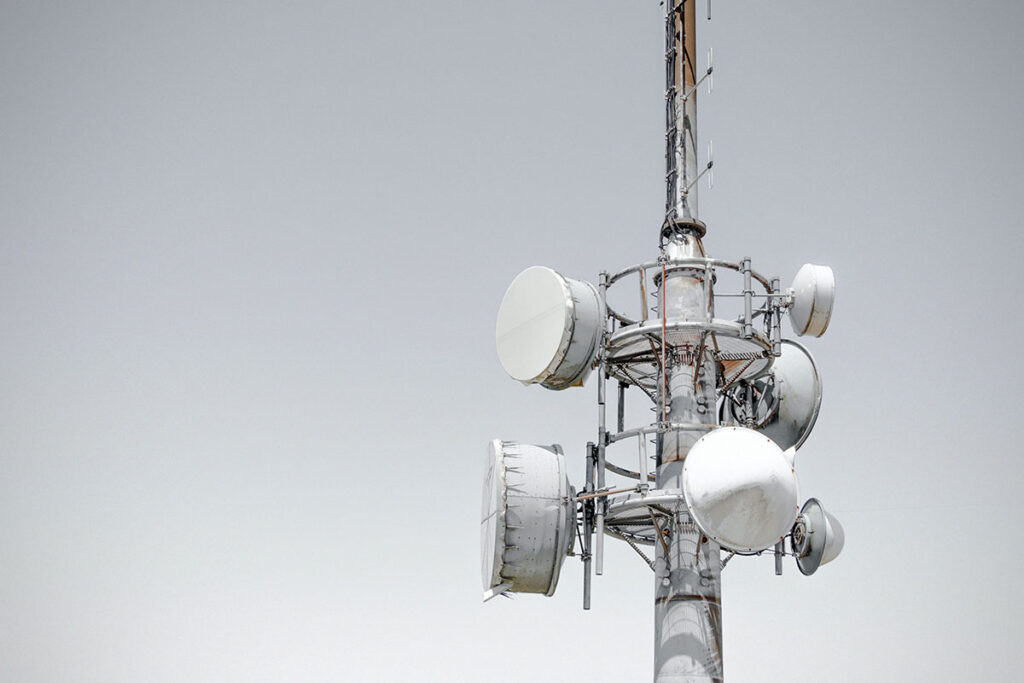Cell signals, despite all our advancement in communication technology, are still susceptible to disruption in a number of ways. You may be wondering why your calls don’t always go through or why your connection gets lost so often during very important calls. This can all be attributed to a number of factors that are keeping your cell signal from being at its best.

So, let’s take a look at 5 of the most surprising things that can block your cell connection and some easy steps you can take to ensure that this problem doesn’t continue. You’ll be pleasantly surprised to know just how simple these problems are and how easy the solutions can be.
1. Phone Skin
Smartphones have a lot of accessories nowadays, from camera lenses to those little bean bag pillows that you use to prop them up against. But one of the most popular skins out there is the skin. While smartphone skins don’t really serve any practical use, they are a fun way to personalize your phone.
Phone skins can be made of a variety of materials, and unfortunately, not all of them are all that transparent when it comes to cell signals. Some skins will outright block the cell signal from going out, taking the network down by a couple bars. This can either be because of the material or the skin’s thickness, but either way, it’s something you have to test out and see which skins and which materials block your signal the least.
On the other hand, you can just simply ditch the cell skins altogether and just get a simple shield, which is just as good at protecting the phone, but it also makes sure that the phone signal doesn’t drop while it’s attached.
2. Where Do You Call From?
Much like the Wifi signal strength, your cell signal depends on your location. Cell signal wavelengths aren’t magic; it doesn’t simply travel through any wall or surface. Cell signals can very easily get trapped under several levels of flooring or thick walls.
If you like making calls from the basement or some rooms that have few windows, then you should rethink your calling habits. Experiment throughout your house or workplace: see which areas allow for better signal transparency and which rooms don’t. Sometimes, it’s even recommended to take important business calls in the open air, such as on a balcony or in the backyard, to ensure that the cell signal has absolutely no obstacles to worry about.
3. Distant Cell Tower
The signal in your phone is transmitted from a nearby cell tower owned by either your phone service provider or several number of providers who share the same tower. Depending on where you live or work, the cell tower may be very far away, so your signal is constantly weak.
Your absolute best bet would be to get a cell signal booster, which captures weak signals coming from the cell tower and transmits it to your phone, essentially strengthening the cell signal and allowing you to make and receive calls which are completely stable.
There is a large assortment of amplifiers and boosters and you can find them on BoosterPlanet USA, Mobile Repeaters UK, GSM Repeaters DK. Different variants offer a varying range of coverage, work with different providers, bands, and data types and can be installed in your home, office, hotel, and even boat. It’s just a matter of picking the one that fits your needs and the rest, including the installation, is super easy.
There are several apps available on your phone that’ll help you track down the nearest cell tower, as well as many websites, which can give you all kinds of useful information.
4. Malfunctioning Phone
Phones, while quite durable, can break quite easily. And besides the shattered screen or the chipping paint off the side, you can also damage interior parts, which are not as easy to see.
Oftentimes, you’ll find that different parts which directly impact the cell signal have been damaged, thus as a result, you don’t get strong enough signals. Talk to a phone specialist, to see if there is any damage that needs to be repaired.
5. Damaged SIM
Sim cards can get worn out through years of use, which negatively impacts your connection. They are, however, super easy to replace, as long as you’re in contact with your phone service provider.
Try replacing your SIM card, which most providers will do for free, and see if perhaps it was your damaged SIM that was causing trouble for your cell signal.
Featured photo by Kabiur Rahman Riyad on Unsplash.



